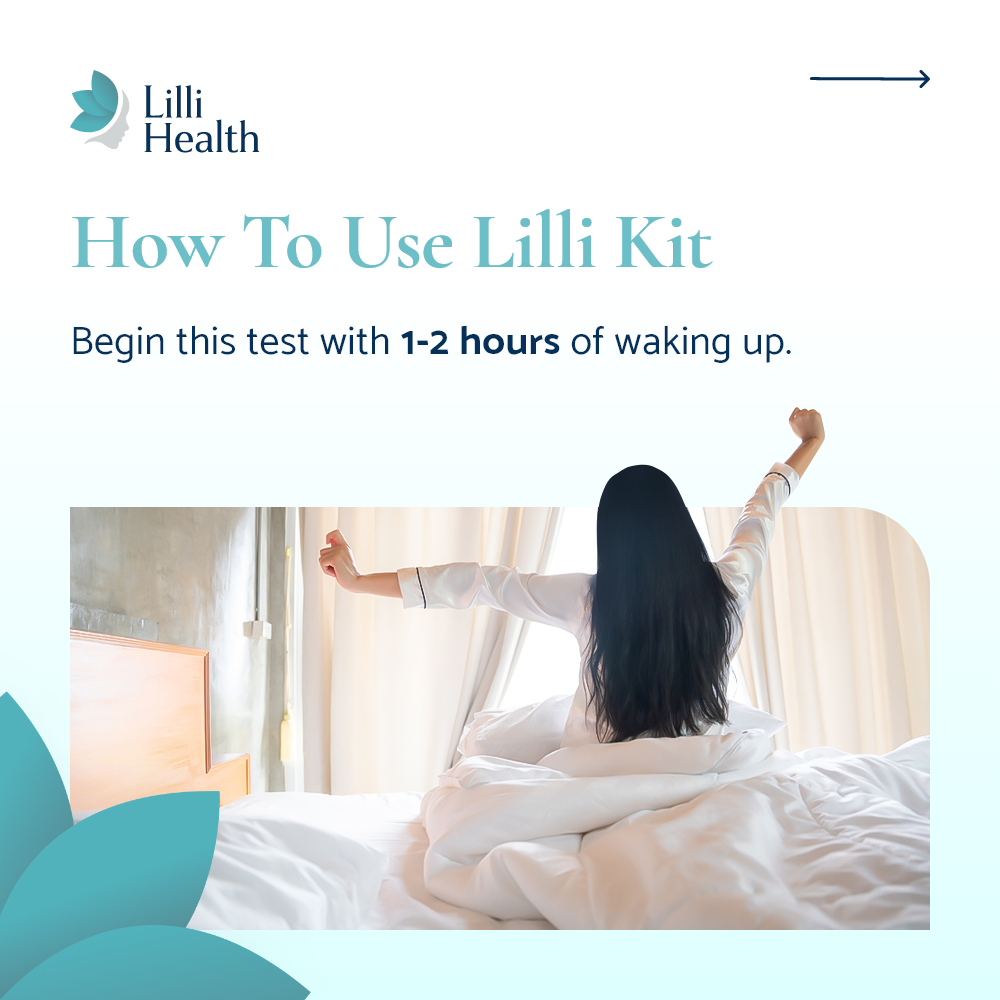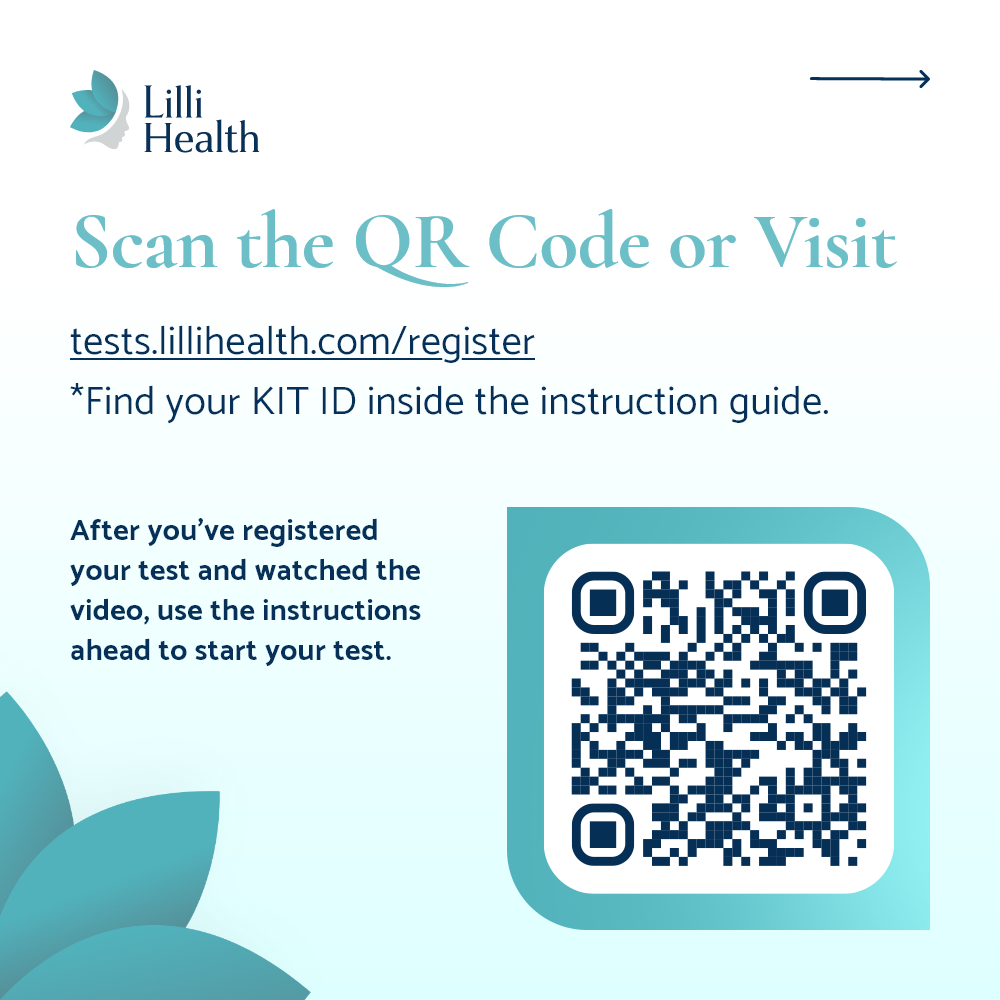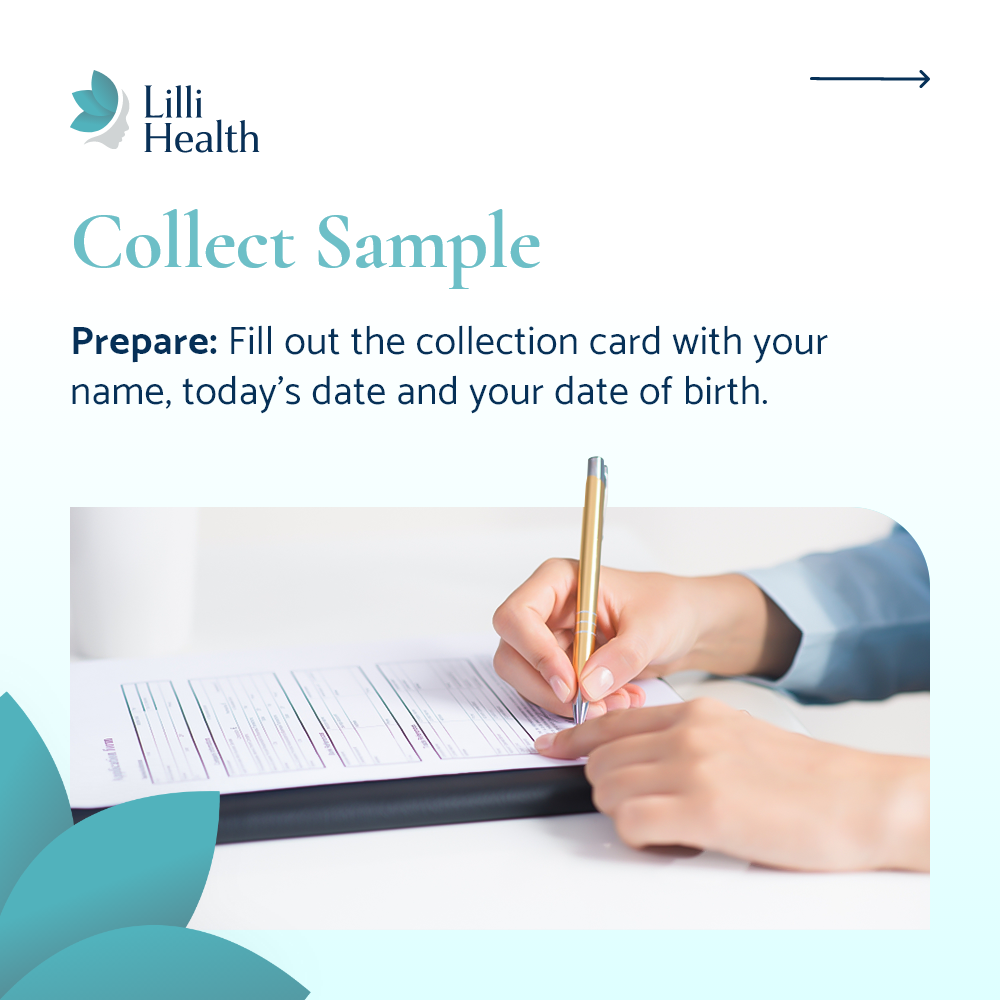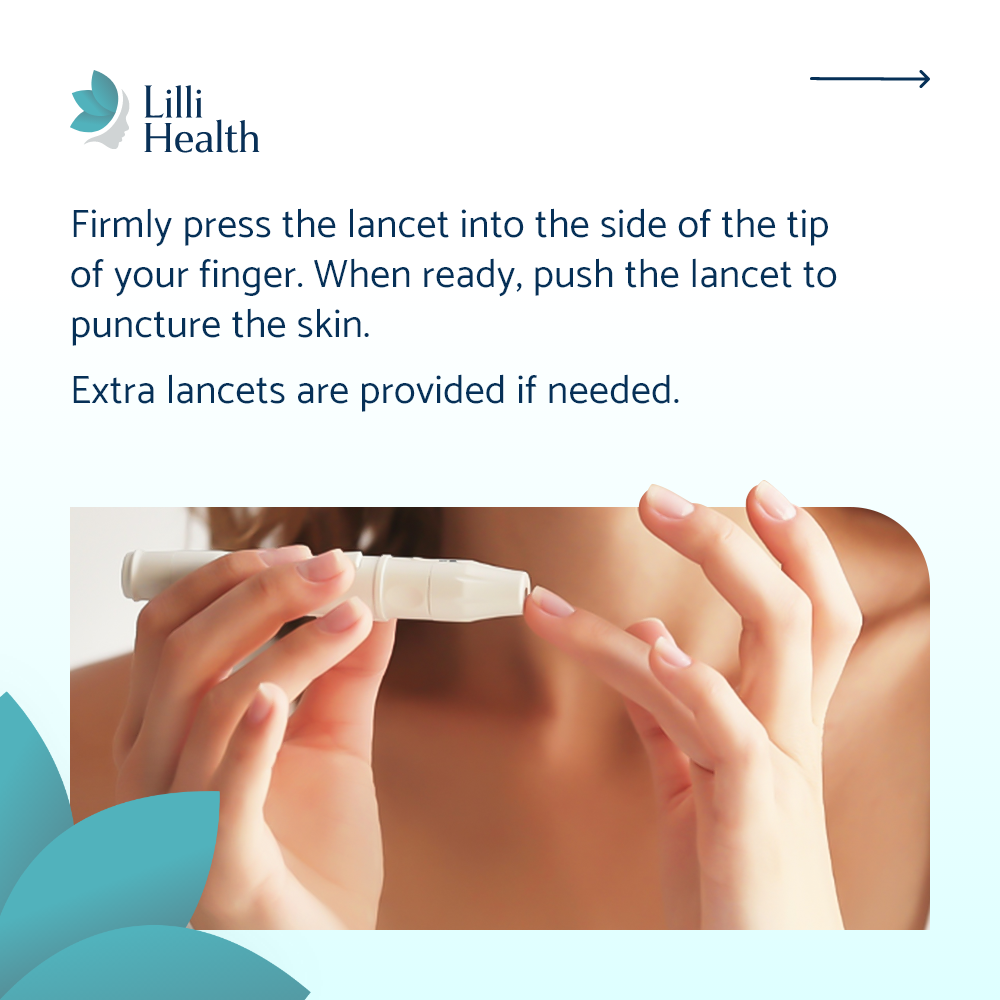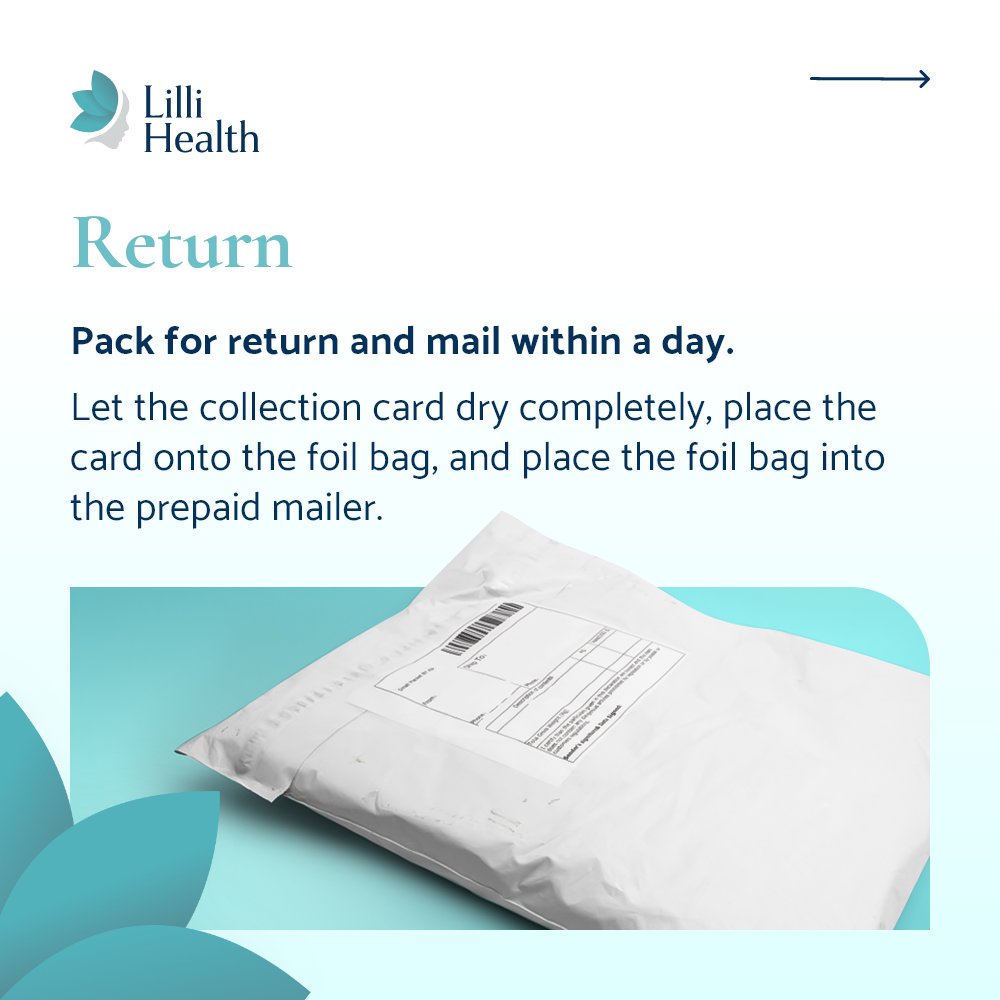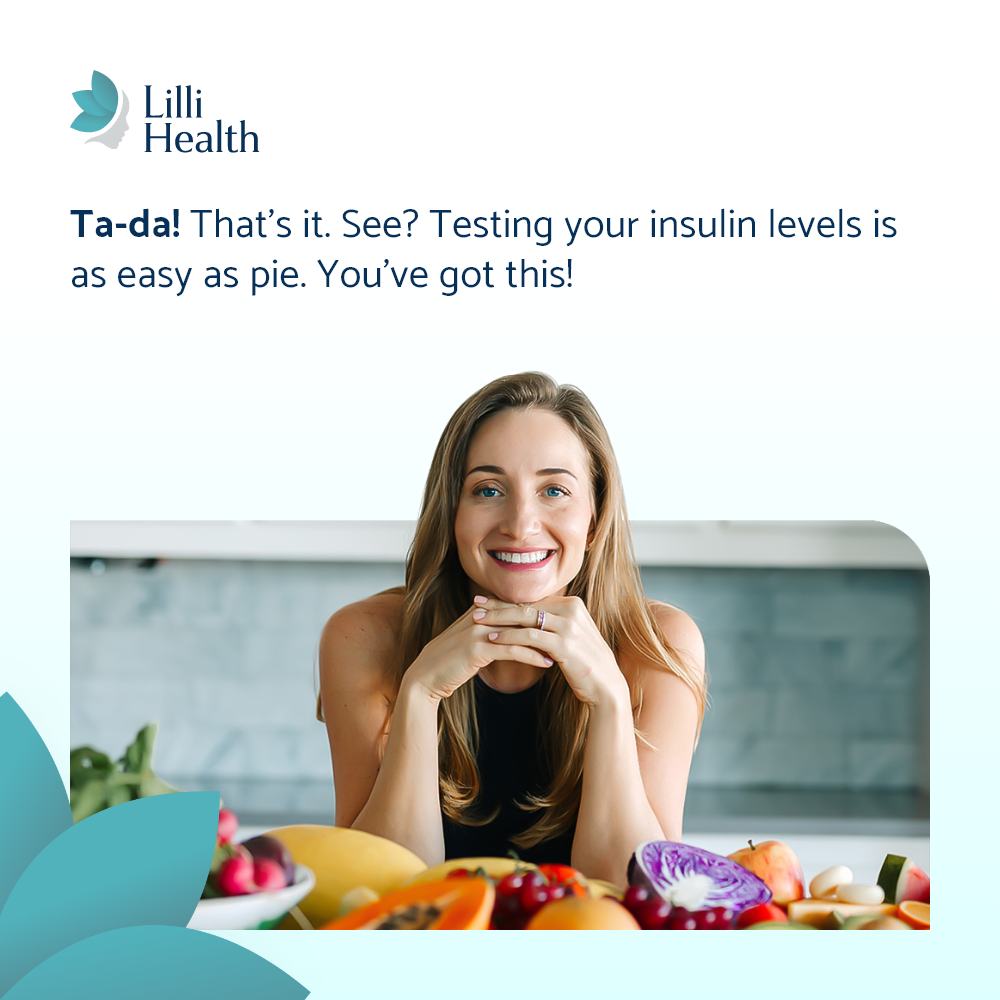

Breastfeeding with PCOS: Managing Insulin for a Healthier Start
Bringing a new life into the world is one of the most transformative experiences, but for women with PCOS, the postpartum period can bring unique challenges, especially when it comes to breastfeeding. While many focus on hormonal imbalances during pregnancy, insulin resistance does not disappear after birth and can impact everything from milk supply to mental health.
It can feel overwhelming to navigate these challenges while adjusting to life with a newborn. Understanding the connection between insulin resistance, PCOS, and breastfeeding can empower you to take control of your health and give both you and your baby the best possible start.
PCOS, Insulin Resistance, and Breastfeeding
PCOS is strongly linked to insulin resistance, meaning the body’s cells do not respond efficiently to insulin. This leads to higher circulating insulin levels, which can interfere with many aspects of postpartum health, including breast milk production.
Some women with PCOS have no issues breastfeeding, while others struggle with low milk supply or delayed lactation. The difference often comes down to insulin levels.
Breastfeeding Challenges for Women with PCOS
- Insufficient milk supply. High insulin levels can interfere with the development and function of the mammary glands, leading to reduced milk output.
- Delayed lactogenesis. Some women with PCOS experience a delay in their milk coming in, which can make early breastfeeding frustrating for both mother and baby.
The Role of Insulin in Postpartum Weight Loss and Hunger
During pregnancy, insulin levels naturally rise to help store fat for energy. This is an essential process that ensures the mother has enough energy reserves for breastfeeding after delivery.
After birth, insulin levels should naturally drop, allowing the body to burn stored fat to provide energy for milk production. However, if insulin levels remain high—especially in women with PCOS or insulin resistance—the body struggles to access fat stores for energy.
This can lead to:
- Constant hunger, as the brain signals the need for more energy to keep up with milk production.
- Difficulty losing weight, since stored fat is not being efficiently used for energy.
- Some women gaining even more weight while breastfeeding, simply because they feel excessively hungry and eat more to compensate.
This should not be the case if insulin levels are well-regulated. When insulin is balanced, the body can effectively use stored fat for energy, naturally reducing hunger and making postpartum weight loss easier.
The Connection Between Insulin, Breast Milk, and Infant Health
High insulin levels not only affect milk supply but can also alter the composition of breast milk.
- Mothers with high insulin levels tend to have higher insulin concentrations in their breast milk.
- Elevated insulin in breast milk can expose infants to higher insulin levels, potentially increasing their risk of insulin resistance, metabolic syndrome, and obesity later in life.
- Managing insulin levels during pregnancy and breastfeeding can help support healthier metabolic programming for the baby.
Keeping insulin levels in check is one of the most important things you can do for both your own health and your baby’s long-term well-being.
How Insulin Resistance Affects Energy for Milk Production
Producing breast milk requires a significant amount of energy, and the body typically relies on either glucose or fat for this process. Insulin resistance can disrupt this balance.
- High insulin levels block fat breakdown, making it harder for the body to access stored fat for milk production.
- This can lead to extreme hunger, as the body struggles to get the energy it needs.
- Keeping insulin levels low allows the body to efficiently use fat stores accumulated during pregnancy, supporting both milk production and postpartum weight loss.
How to Manage Insulin Levels for a Successful Breastfeeding Journey
Focusing on insulin management can increase milk supply, improve energy, and support the baby’s metabolic health.
- Follow a Low Insulin Lifestyle. Prioritize non-starchy vegetables, lean proteins, healthy fats, nuts, seeds, fermented dairy, and whole fruits. Avoid starchy foods, sugar, and excessive dairy, which can spike insulin.
- Incorporate gentle movement. Walking, strength training, or yoga can improve insulin sensitivity. Even a 10-minute walk after meals can lower post-meal insulin spikes.
- Consider medication or supplements. Some women with PCOS may benefit from metformin or inositol to improve insulin sensitivity. Always consult with a doctor before starting any medications while breastfeeding.
- Prioritize stress management. Chronic stress increases cortisol, which raises insulin levels and can suppress milk production. Deep breathing, meditation, and mindfulness can help regulate stress hormones.
Taking Control of Postpartum PCOS
PCOS does not end after pregnancy, and neither does the impact of insulin resistance. But by understanding how insulin affects breastfeeding, postpartum recovery, and long-term metabolic health, you can take steps to support both yourself and your baby.
- Managing insulin levels can improve milk supply and composition.
- Lowering insulin can reduce postpartum mood swings and fatigue.
- Focusing on lowering insulin can help you lose weight after pregnancy.
This is not about perfection. It is about making small, sustainable changes that support your body during one of the most important transitions of your life.
Give both you and your baby the healthiest start possible.























